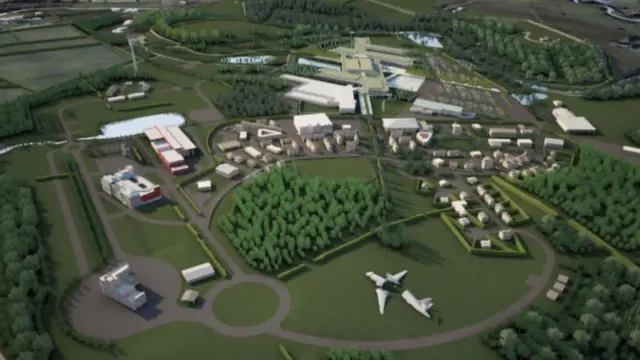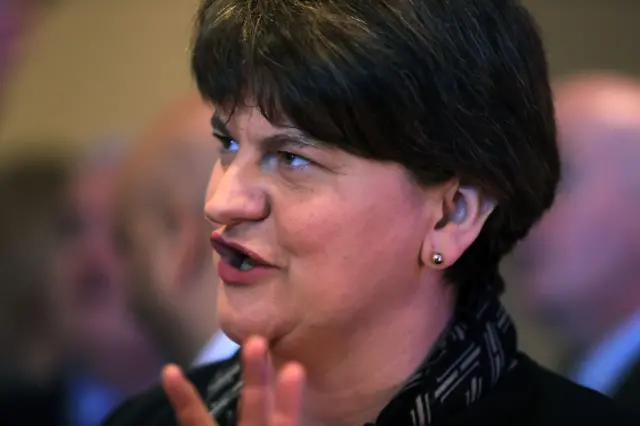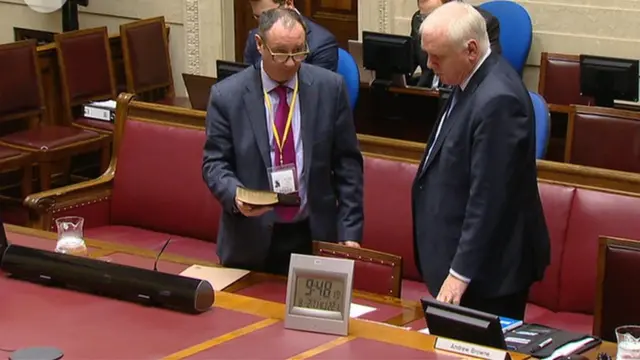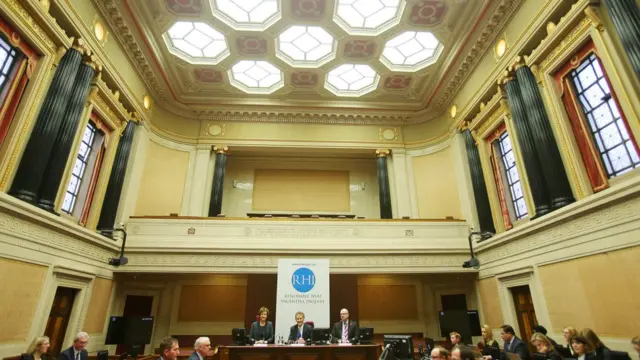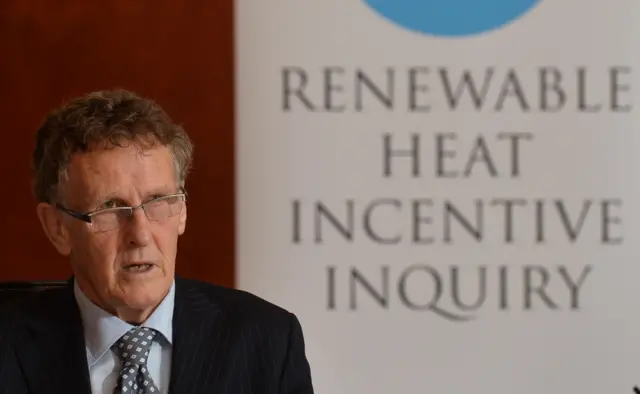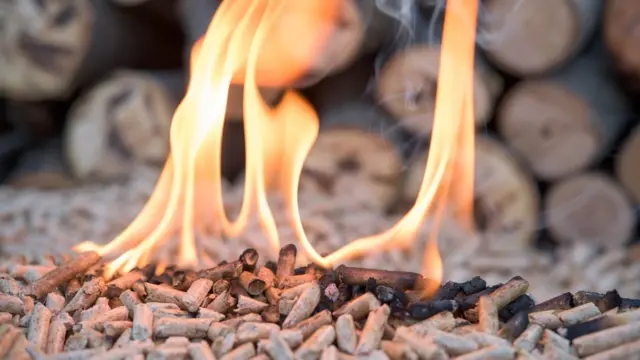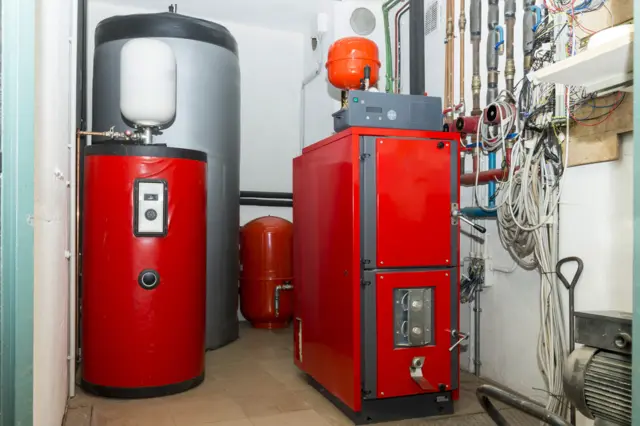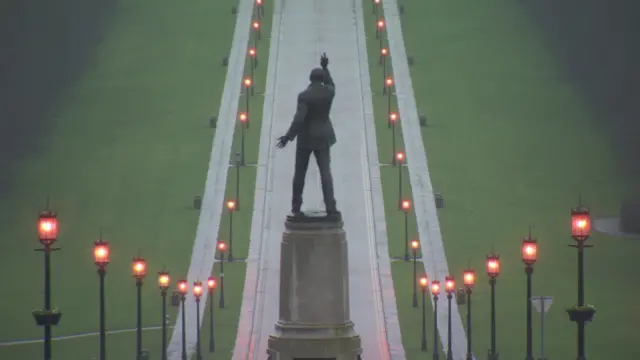'Stormont department could make £900k RHI profit'published at 10:40 GMT 8 February 2018
In its proposal to the justice minister for the Desertcreat college, Sheridan & Hood said the department could turn the heating system's running costs into a "profit".
Mr Hood suggested that small 99kW boilers, which were eligible to collect the RHI scheme's most lucrative subsidy, could be used.
 Image source, Getty Images
Image source, Getty ImagesTherefore, the department could pocket just under £900,000 over the scheme's 20-year span.
The letter was sent less than a month after the scheme opened in November 2012, and Mr Scoffield asks the witness how he found out so quickly about "how beneficial the scheme could be".
Mr Hood said his firms contacted the Department of Enterprise, Trade and Investment (DETI), which set up the initiative, and then did their "due diligence" and a "lot of research" to establish that the figures they were seeing about what the scheme was offering were "the truth".
